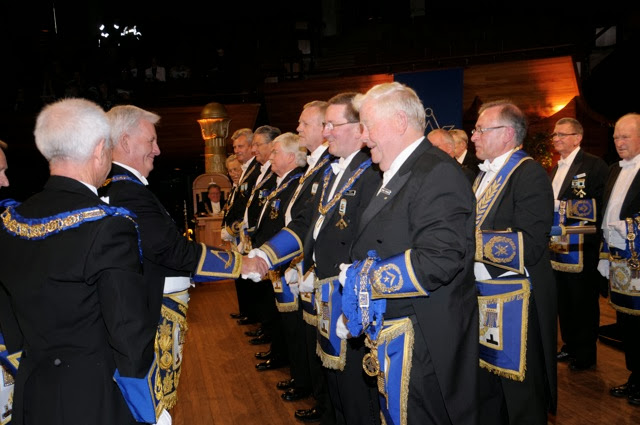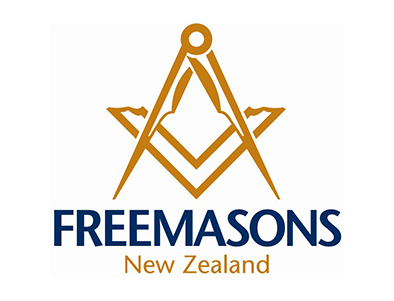
Writer’s Festival
June 26, 2015Freemasons University Scholarships 2015
June 26, 2015Innovative research into Alzheimers, Huntingtons and Parkinsons disease at the University of Auckland will benefit from more than half a million dollars of funding from the Freemasons Roskill Foundation.
The Foundation has announced an award of $560,000 over the next four years to fund two Freemasons Doctoral Scholarships and a Freemasons Postdoctoral Fellowship to advance the innovative research on these diseases at the University’s Centre for Brain Research (CBR).
These doctoral and postdoctoral awards build on longterm funding over the past 10 years, generously provided by the Freemasons to advance brain research studies at the CBR and is of special significance for their 125th Anniversary Celebration of Freemasonary in New Zealand.
A doctoral scholarship has been awarded to Carlene Newall from the University of Auckland National Institute of Creative Arts and Industries (NICAI).
Under the supervision of Associate Professor Ralph Buck, Head of Dance Studies at NICAI and Professor Suzanne Purdy (Centre for Brain Research), Carlene will undertake innovative and challenging research studies on the potential of dance therapy to slow the disease progression of people affected by dementia and Alzheimers disease.
Recent international studies have strongly suggested that dance and music therapy can slow down the progression of Alzheimers disease, but this has never ever been established unequivocally through research, says CBR Director, Professor Richard Faull.
“If, through research, we could employ these and other types of novel therapies to help in slowing down the onset and progression of Alzheimers disease and dementia by two or even five years, this would decrease the prevalence of Alzheimers and dementia by 20 or 50 percent respectively,” he says, “A greater proportion of the elderly would live a longer life free of the tragic consequences of this disease.
“This visionary project has the potential to entirely change the approach to treating and giving hope to patients with Alzheimers and dementia,” says Professor Faull.
A postdoctoral research fellowship has been awarded to Dr Malvindar Singh-Bains in the CBR to use state of the art high-throughput histochemical and automated tissue microarray analysis of Alzheimer’s cases in the Neurological Foundation Human Brain Bank.
She will work to identify specific markers of brain dysfunction which play a role in brain cell degeneration in this tragic disease.
Dr Singh-Bains recently graduated with a PhD on the neuropathology of the brain in Huntingtons disease, and brings a wealth of expertise to these studies on the Alzheimer’s human brain under the supervision of Professors Michael Dragunow and Faull.
“These studies will identify biomarkers which will be invaluable in testing and monitoring new therapeutic strategies for people affected by Alzheimers disease,” says Professor Faull.
A Doctoral scholarship has been awarded to Brittney Black in the CBR to undertake complex confocal laser scanning microscopic studies to identify chemical receptor changes in the human basal ganglia in Parkinsons and Huntingtons diseased tissue from the Human Brain Bank.
Her research to characterise novel chemical changes in the brain region most affected by these diseases will contribute to a better scientific understanding of brain cell death and open the way for the development of therapeutic interventions in these tragic human brain diseases, says Professor Faull.
“Brittney has recently graduated with a Bachelor of Science (honours) degree on the human basal ganglia in the normal human brain and has the ideal scientific background and expertise to undertake this challenging research,” he says. Brittany’s research will be supervised by Associate Professor Henry Waldvogel and Professor Richard Faull.


